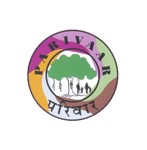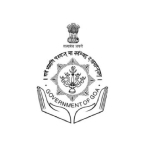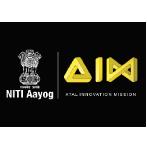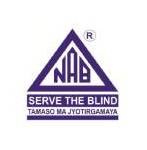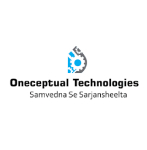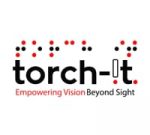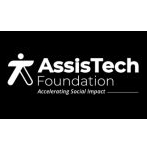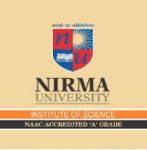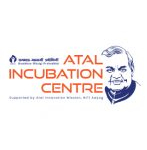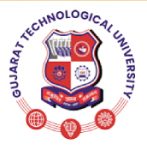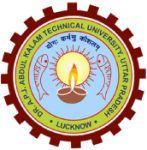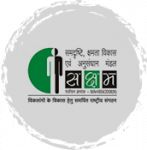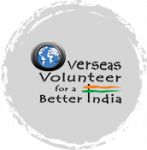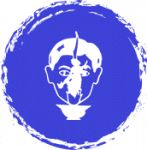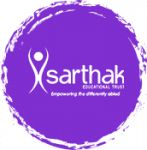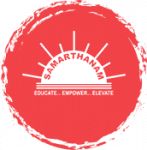When I was in India I got the opportunity to go to the Blind People’s Association in Ahmedabad. If you don’t know what the blind people association is, a prominent non-profit organization dedicated to improving the lives of visually impaired individuals. Established in 1954, BPA focuses on empowering people with visual impairments through a range of services including education, vocational training, and rehabilitation. They offer specialized programs that enhance life skills, facilitate independence, and foster social inclusion. BPA also provides assistive technology and promotes accessibility in public spaces. The organization is known for its comprehensive approach, which includes support for families and advocacy for disability rights. Through various initiatives, the BPA works to create a more inclusive society where visually impaired individuals can lead fulfilling lives and contribute to their communities.
When I arrived at the Blind People’s Association (BPA) in Ahmedabad, I was given the task of serving lunch, which was idli sambar. After the meal, a staff member gave me a comprehensive tour of the facilities. I saw various amenities designed for people with disabilities, including specialized workshops where they learn skills to produce items for sale and gain valuable life skills. What struck me most was the high level of voluntary support. For example, Japanese instructors were providing “Japanese medical manual therapy” training for free. This therapy is particularly accessible for blind individuals and helps them obtain qualifications to pursue meaningful careers.
We also visited a wheelchair production workshop and a sewing factory, both operated by people with disabilities. These enterprises enable them to earn a living by selling their products.
The most impactful part of my visit was the “Vision in the Dark” experience. Hiralben, my guide, helped me navigate the simulated environment, making me realize the everyday challenges faced by blind people. Her detailed explanations deeply affected me, leading to a poignant reflection on my own life.
I interviewed Hiralben afterward, learning that she became blind due to a car accident. She works at BPA for five hours a day and has been employed there for two years. She demonstrated how she uses her smartphone with text-to-speech software and other accessibility tools. The experience left me with a profound sense of gratitude for my own circumstances and a greater understanding of the difficulties faced by people with disabilities. I left BPA at closing time, around 6 PM, and reached home by 8 PM. This visit made me appreciate the resilience of others and recognize how much I take my own life for granted.









